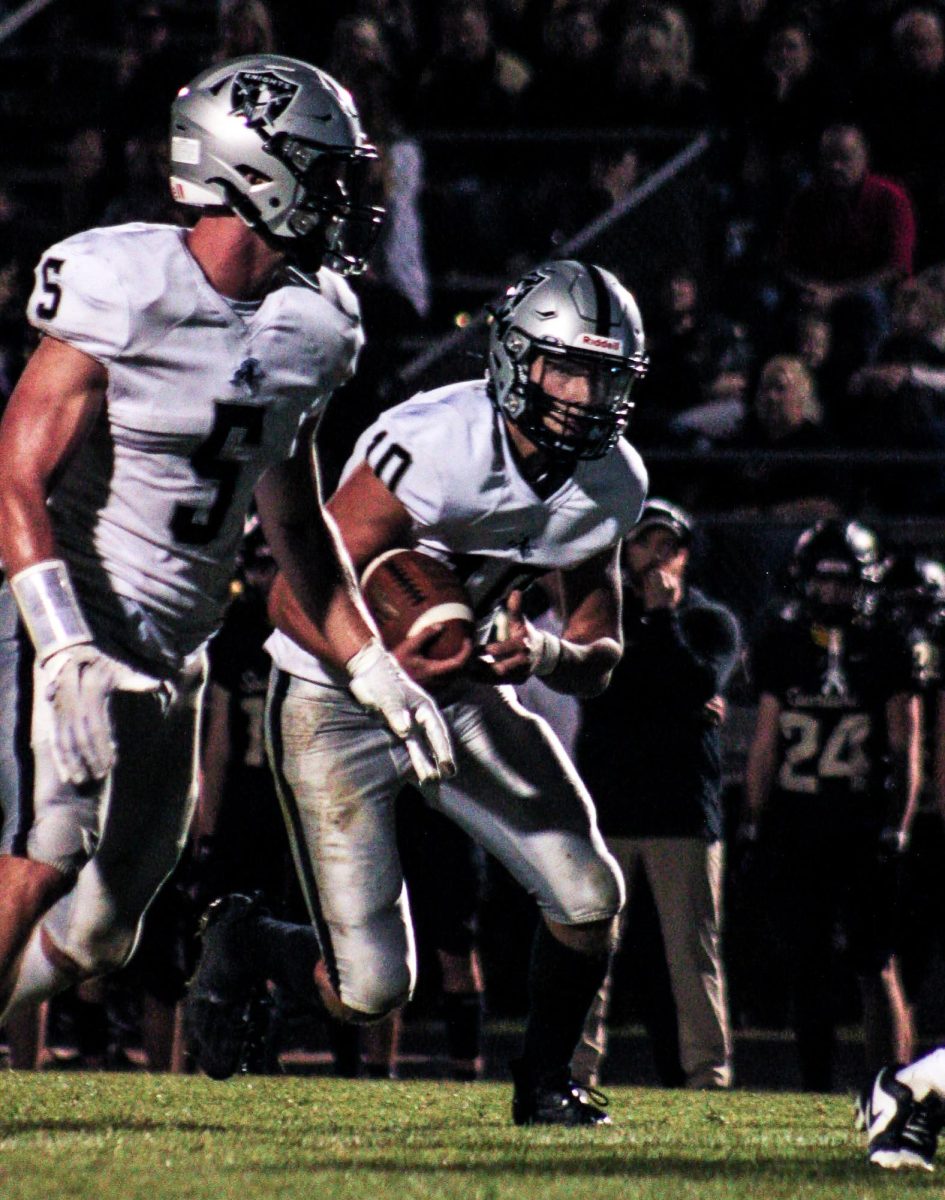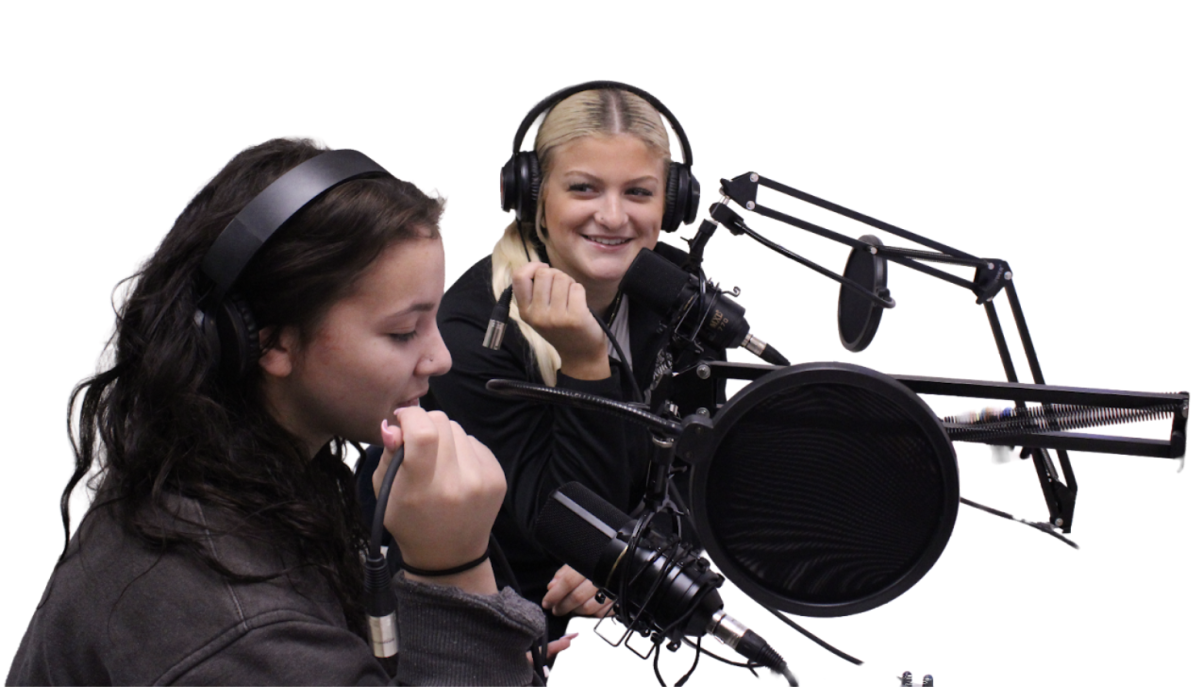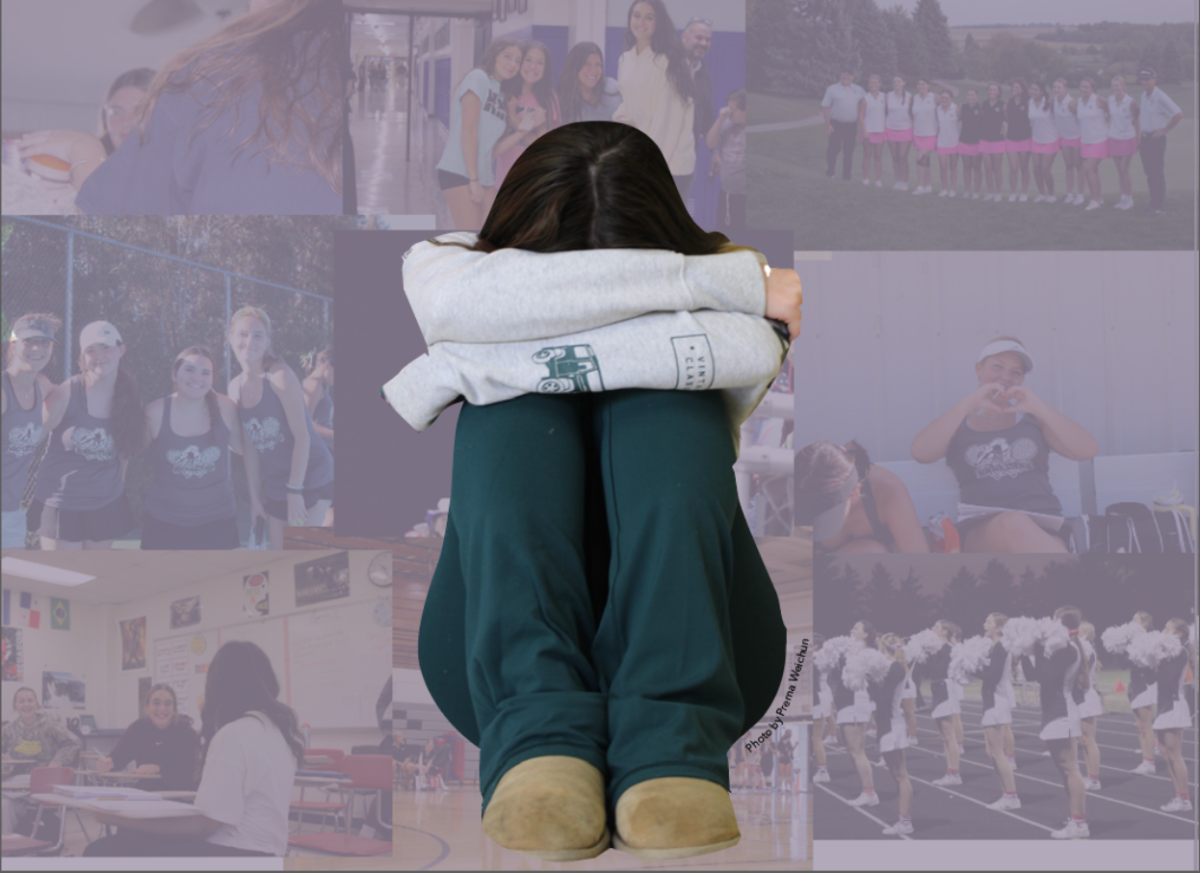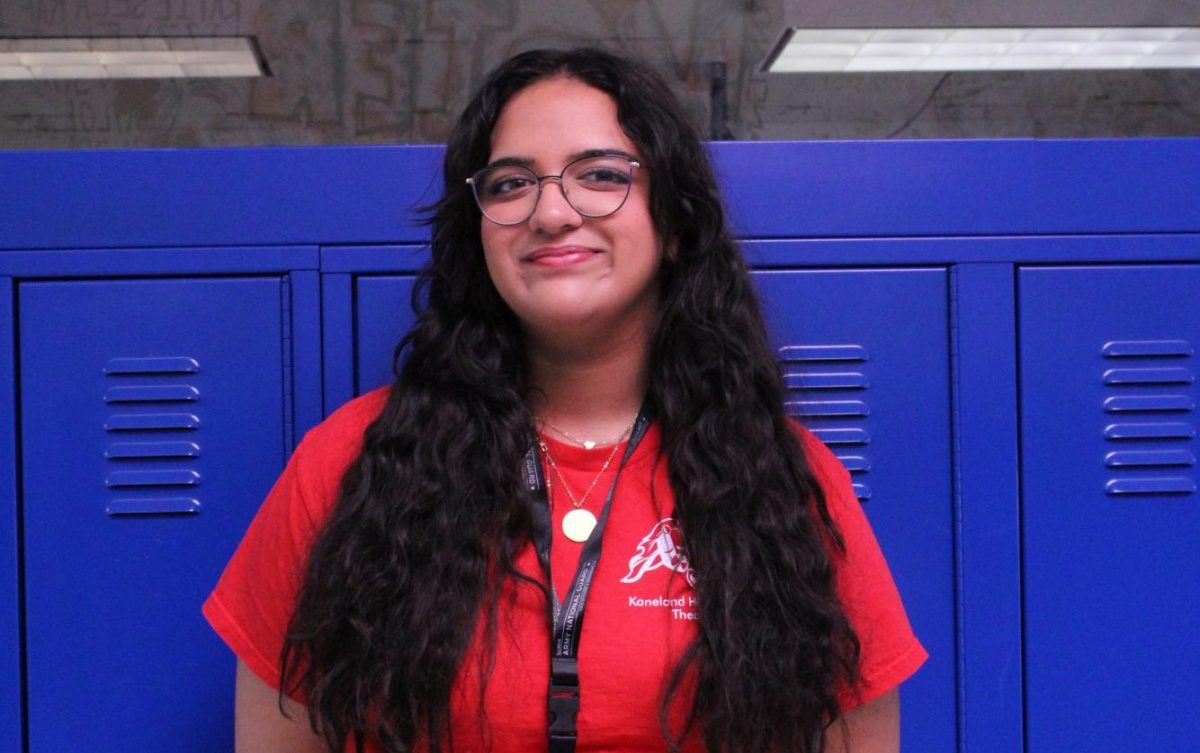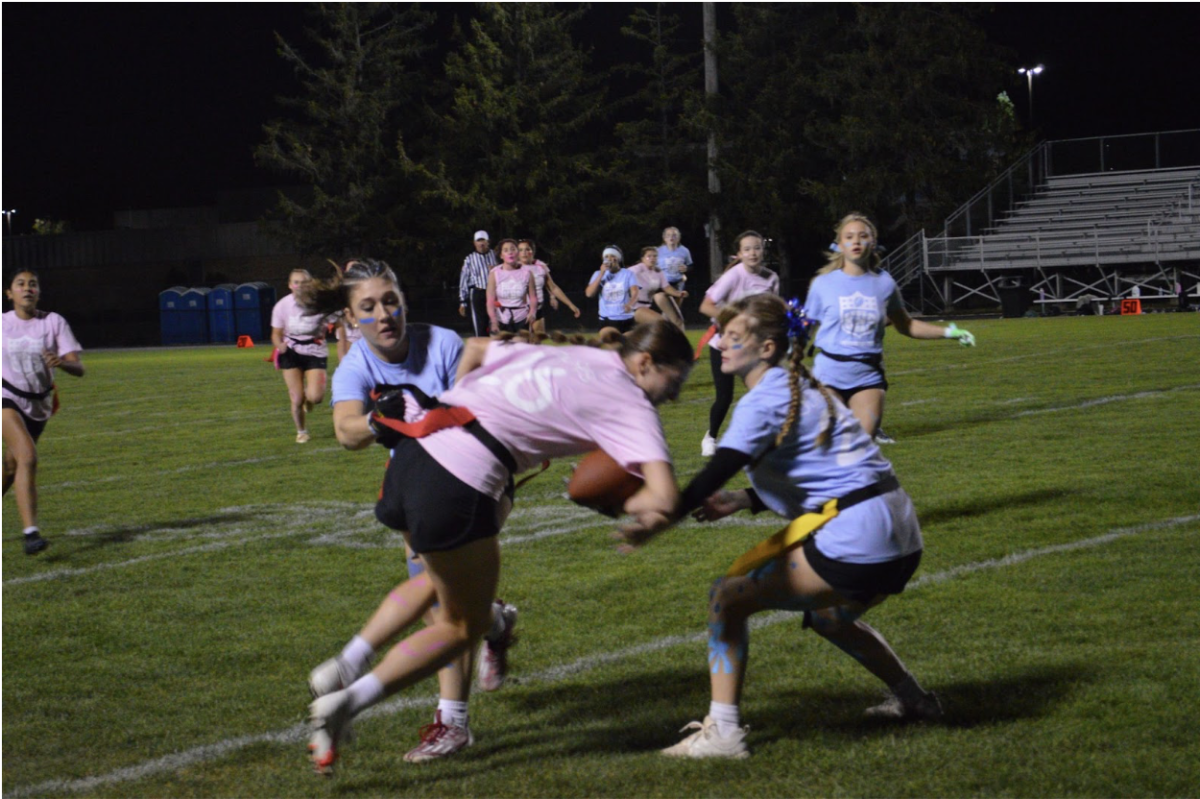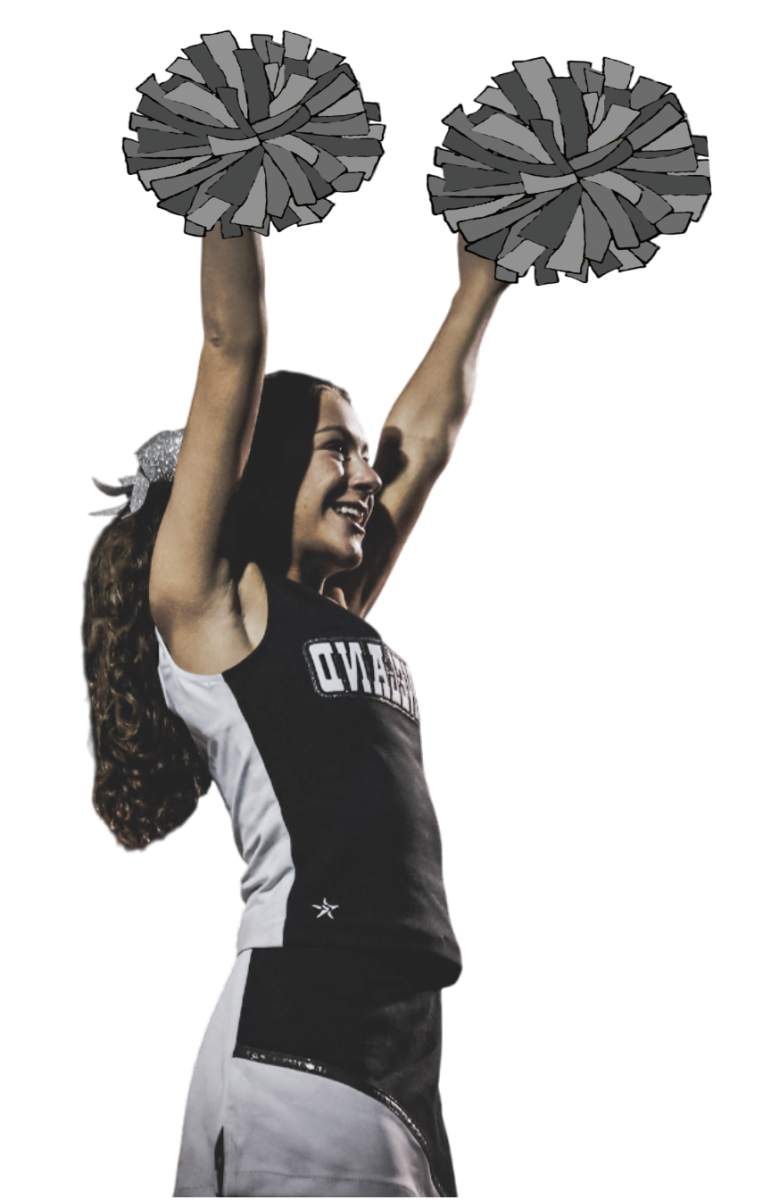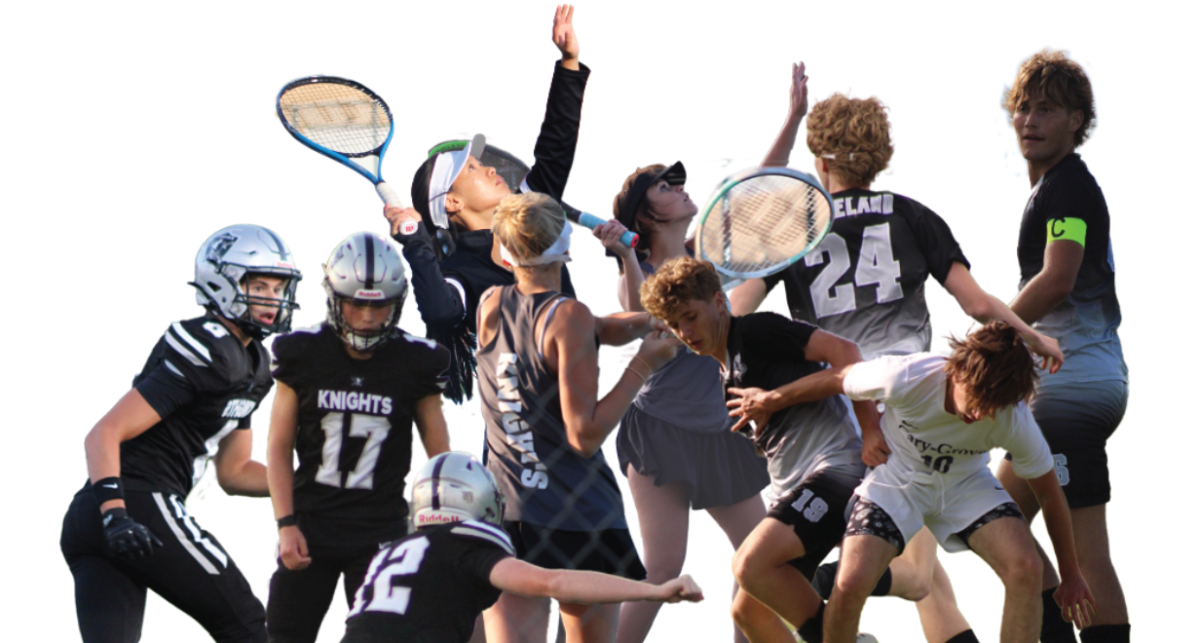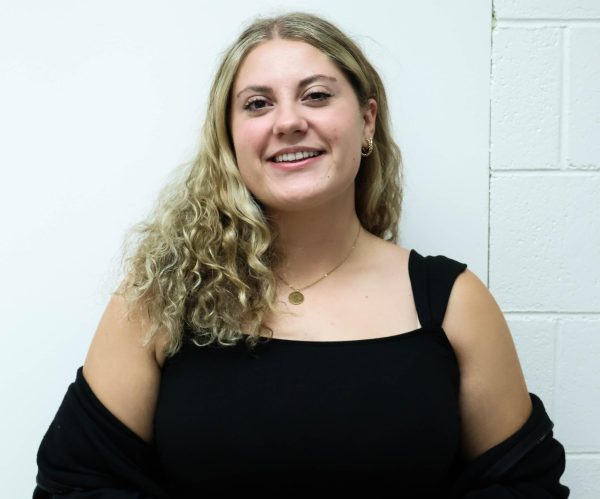For senior student-athletes, the fall sports season often signals the beginning of the end. While some seniors will go on to play collegiately, plenty of others will enter their sports seasons knowing it will be the last time they play competitively. Athletes of all ages contribute to a team’s success, but seniors carry the responsibility of laying the foundation for each program’s underclassmen. The relationships developed between younger student-athletes and senior-level teammates can significantly dictate the future of each program. Seniors’ influence goes beyond athletics by guiding the team on and off the field.
When football captain and senior Troyer Carlson was a freshman, he got moved up to varsity for the second game of the season. As a new teammate, he naturally looked up to the seniors on the team.
“Seniors instilled confidence in me right away,” Carlson said. “They were all nice to me and helped me learn the offense.”
As Carlson has been on the varsity football team since his freshman year, the knowledge he has gained from past seniors and what he has learned can be shared as he recounts those experiences with his younger teammates.
“As a senior, it has been the same way by helping the younger players learn the plays and where to go while also giving them confidence to play the best they can,” he said.
Softball player and senior Corinne Pugh has been on the varsity softball team since her sophomore year. As a young athlete, she thought what she could do with the team would be limited, but the rest of the team made sure she felt included.
“They would always be the first ones to reach out and say, ‘If you need a ride, let me know,’” she said. “I did not have my license then, so I could not go that many places because of the limitations that came with me being a younger teammate.”
Whether captains or respected players, seniors often fulfill leadership roles that may extend beyond the playing field, therefore leading by example. They set the tone for the games, practices and tryouts, but no matter what, they treat every player like a team member.
“The biggest thing is leadership and always being there for everyone no matter the position or how much they play,” Pugh said. “As a leader, you must treat teammates with the same respect you want.”
Teammates want to be treated fairly. Seniors can create an environment where everyone feels heard, as trust among teammates can be valuable when wanting to play as one team.
“It comes down to the game,” Pugh said. “If we were not able to trust each other, we would not be able to trust each other to make a play.”
When playing, seniors can be mentors and role models as they know how their actions can influence the overall dynamic by showing the younger players the value of being an athlete on and off the field.
Through their leadership, they can help the players grow personally but also as a team. Just as a team can win, they can also lose. By offering the mindset of learning through failures instead of using those failures to set the team back, seniors can boost spirits to avoid frustration and not allow past mistakes to diminish future success.
“The role is to be the center of the team,” head freshmen and sophomore football coach and science teacher Jason Foster said. “Those are the players everyone should be able to come around for a morale boost and positive attitudes. Those players always want to win and compete at the highest level.”
Traditions are also an integral part of sports, and with seniors knowing team dynamics from previous years, they are often responsible for preserving those traditions while cultivating new rituals to improve the team. While traditions differ for each team, they can foster a sense of belonging and unity as players come together for shared experiences.
“For us, there has always been this one tradition that seniors lead,” Pugh said. “Before every game, we always make a circle behind the dugout. Then, we put our pinkies together and pray.”
Seniors unify a team through the knowledge, leadership and traditions gained through their experiences in the program. As seasons conclude, the leadership roles shift.
“[People left in the program] will need to pick up where the seniors left off by building off their successes, learning from their mistakes and continuing to get better,” Foster said.
As younger athletes prepare for the next season, the memories made, trophies won and records broken can resonate as they will learn to navigate their way through the path of their predecessors.


